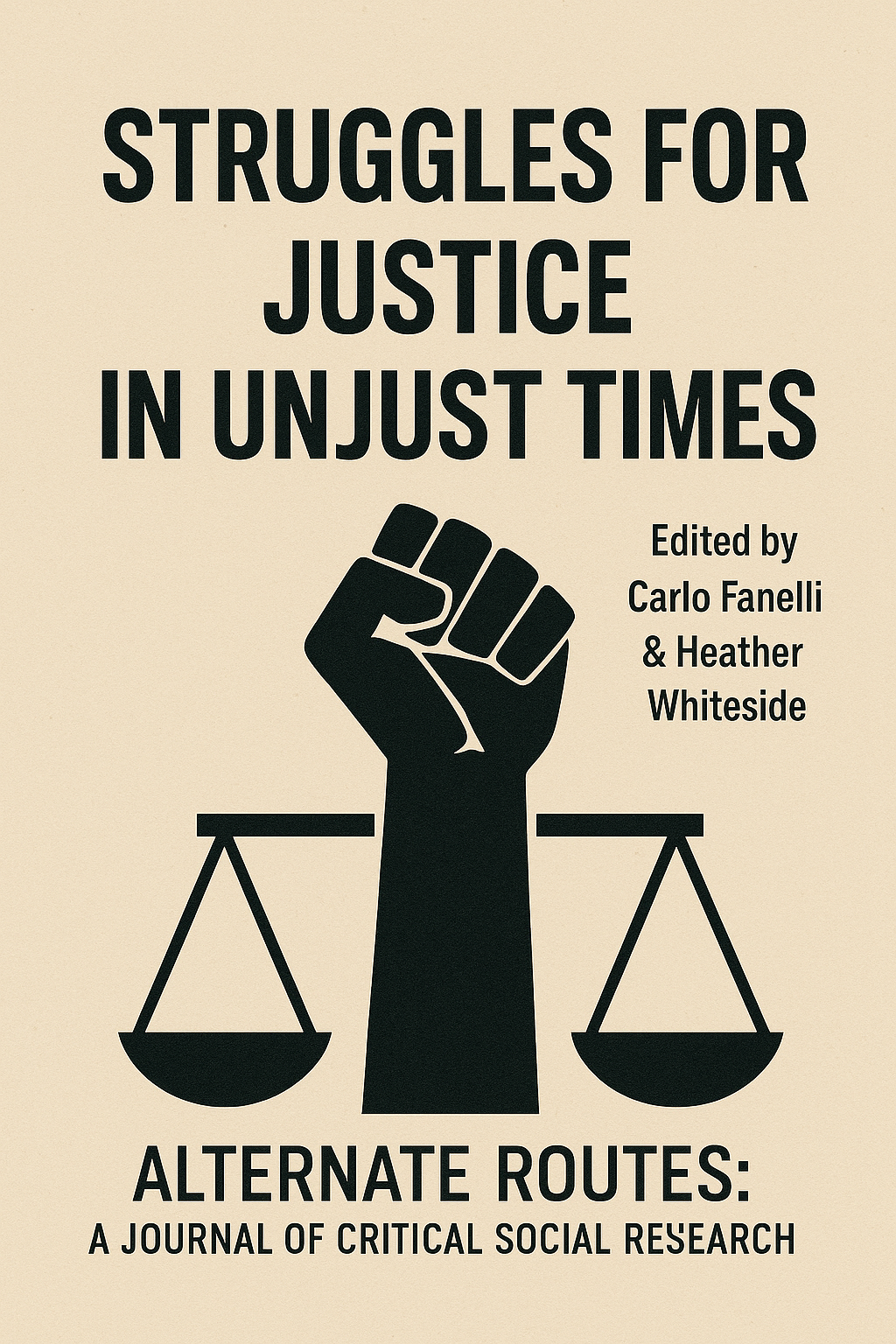“Stretcher Bearers of Society”: Social Work, Neoliberalism and Post-Pandemic Canada
Abstract
American academic, Porter Lee, (1929) distinguished between social workers who were either radical or conservative. Some preferred to repair society and others preferred to repair people. This distinction he referred to as cause and function – cause being those economic and social structures that give rise to the personal problems in individuals’ everyday lives; function being those direct interventions that social workers employ to “help” individuals and families overcome their personal problems, usually understood in psychological, pathological terms. C. Wright Mills (1959) made a similar distinction between troubles and issues. Essentially, he argued that in liberal capitalism widespread public issues are frequently attributed to and treated as problems of individual dysfunction rather than as outcomes of the socio-economic structure of the state. This paper argues that social work in English-speaking Canada has lost its once important voice in social reform and, by pursuing professional recognition and protection, has focused its education and direct practice almost entirely on clinical intervention. Even in the post-pandemic aftermath – it has merely adapted to continued neoliberalism, managerialism, and accountability. Rather than vigorously pursuing social change, social work has remained stuck in its role described by Cassidy (1933) as “the stretcher bearers of society.”
Downloads
Published
How to Cite
Issue
Section
License
Copyright (c) 2025 Alternate Routes: A Journal of Critical Social Research

This work is licensed under a Creative Commons Attribution-NonCommercial-NoDerivatives 4.0 International License.
Articles are published in Alternate Routes: A Journal of Critical Social Research under the Creative Commons "Attribution/Non-Commercial/No Derivative Works" Canada licence.
The copyright for the articles published in this journal is retained by the authors, with first publication rights granted to the journal. By virtue of their appearance in this open access journal, articles may be used, with proper attribution, in educational and other non-commercial, not-for-profit settings. The submission of a manuscript to Alternate Routes will be taken to mean that the author understands and agrees to the following:
- the manuscript represents original work not previously published;
- the manuscript is not being considered elsewhere for publication in the same language (publication elsewhere in an alternate language does not preclude acceptance of submission to Alternate Routes);
- appropriate written copyright permissions have been secured for republication of any copyrighted material contained in the manuscript;
- copyright for this article is retained by the author, with first publication rights granted to Alternate Routes;
- by virtue of its appearance in this open access journal, it is understood that the article is freely available for use, with proper attribution, for educational and other non-commercial purposes;
- reuse of the article for commercial purposes by anyone other than the author requires permission of the author;
- the author agrees to cite Alternate Routes as a source whenever h/she later republishes or reuses the article in other platforms.


